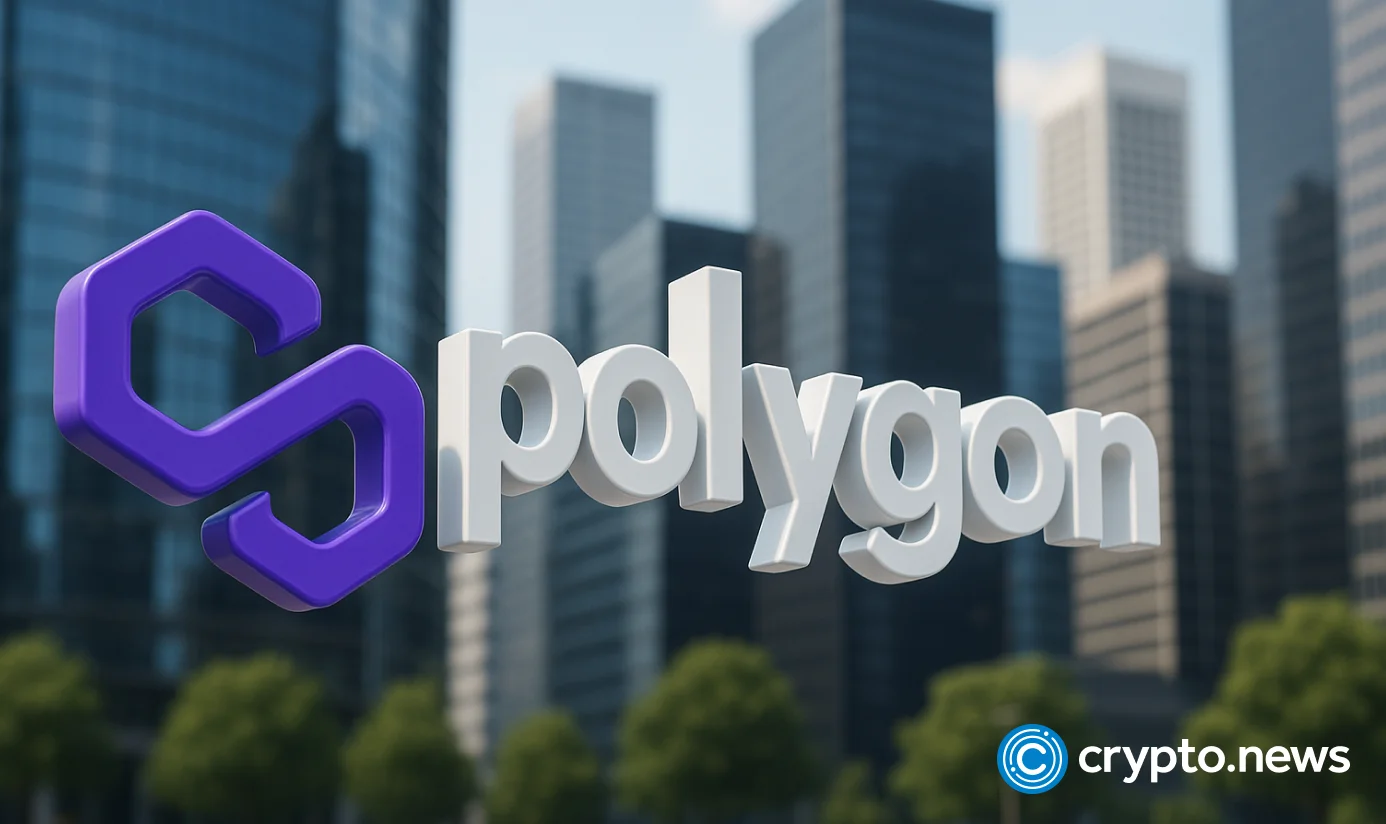Polygon is integrating Manifold Trading, an institutional-grade quant firm to tap into data-driven liquidity and institutional-grade execution features for its decentralized finance ecosystem.
Summary
- Polygon Labs is joining forces with quant firm Manifold to boost its DeFi ecosystem.
- The platform eyes institutional-grade liquidity for its burgeoning market, including fintechs and neobanks.
- Integration comes as institutions increasingly tap into opportunities across DeFi.
Polygon Labs announced its move to join forces with the quantitative investment firm Manifold via a press release on Tuesday. The aim is to bring institutional-grade liquidity to its decentralized finance ecosystem, Polygon Labs said.
Collaborating with Manifold allows the DeFi ecosystem across Polygon (POL) to leverage key market features such as tighter spreads, data-driven liquidity management, and consistent pricing. Bringing these to Polygon’s DeFi ecosystem is the next step towards transforming onchain markets amid an influx of institutional capital.
“Access to deep, stable liquidity is foundational to any mature financial system,” said Maria Adamjee, head of investor relations at Polygon Labs. “Manifold’s ability to actively manage spreads, size, and responsiveness across multiple venues makes them an ideal ecosystem partner as we continue scaling institutional-grade DeFi across the Polygon ecosystem.”
Polygon Labs eyes DeFi growth
A game-changer for Polygon is Manifold deployment of its quantitative market-making and onchain arbitrage strategies.
These will go live across leading Polygon decentralized exchanges, and will be key to price efficiency and reduction of cross-venue dislocations. Manifold’s quant trading network also means access to continuous two-sided liquidity.
Manifold also complements infrastructure upgrades like AggLayer, a decentralized cross-network protocol that unifies cross-chain liquidity.
“This partnership reflects Polygon’s vision to build the rails of a decentralized financial system where liquidity, transparency, and performance can match or exceed traditional markets,” Adamjee added.
With liquidity fragmentation a major bottleneck for DeFi adoption, the quest to bring institutional players into the fold means providing an environment of professional liquidity management to the market. Polygon’s rollout of the Rio upgrade looked to address speed, efficiency and cost.
Manifold, on the other hand, allows for predictability, depth, and fair execution for users across Polygon DeFi, making it ideal for participants such as fintechs and neobanks. This benefits segments such as onchain payments and real world asset trading.



